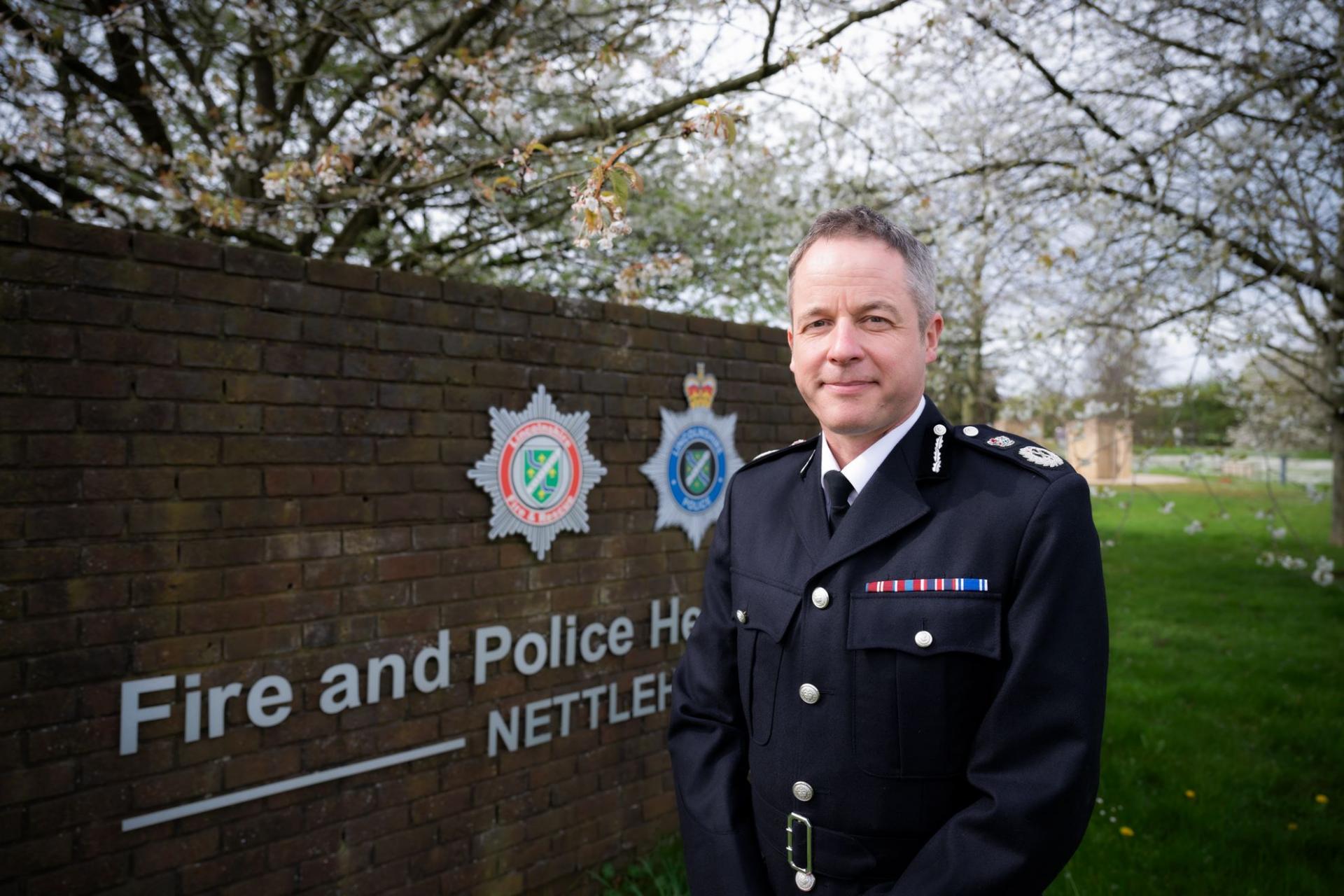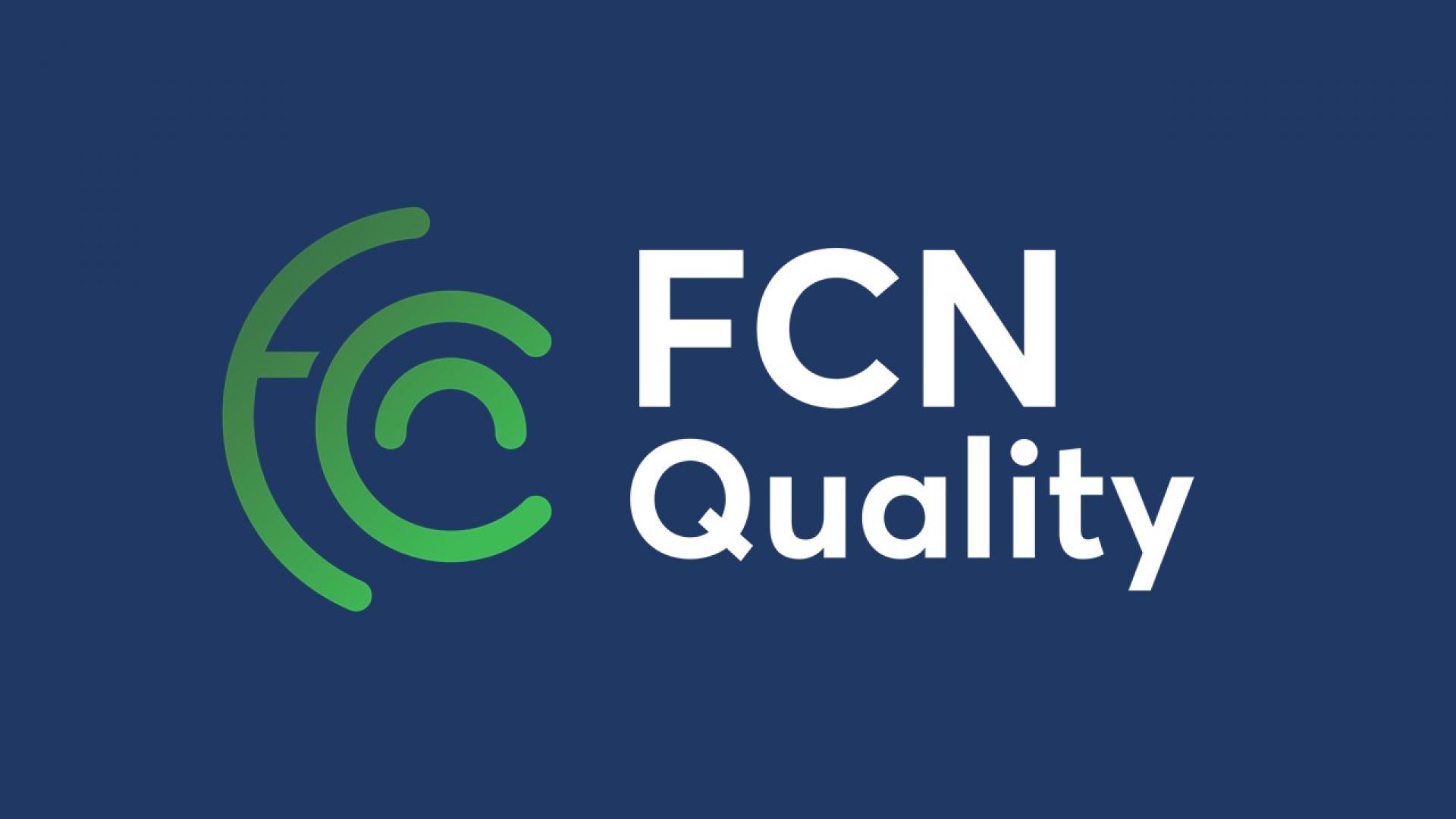11th September 2025
The Forensic Science Regulator has called for a more integrated approach to forensic science, in order to raise quality standards, improve the forensics marketplace and spark innovation in scientific research and digital forensics.
In her fifth annual report published today (25th February 2020), Dr Gillian Tully argues that “a more integrated approach could be transformative” for forensic science in England and Wales. Key focuses are on fixing skills shortages, particularly in digital forensics and toxicology, and improving outcomes in court.
Praising the “truly inspiring” work of many forensic leaders and practitioners, she also calls for an end to “sticking to ‘how we’ve always done it’” as technology continues to rapidly advance.
The regulator also welcomed the government’s commitment to invest more than £28m in the next year to improve forensic science through the Forensic Capability Network (FCN) and Transforming Forensics programme.
Publishing the report, Dr Tully said:
“The reality is that forensic science has been operating on a knife-edge for years, with particular skills shortages in digital forensics and toxicology.
“Quality is not optional. Standards need to be implemented across the board if the sector is to learn from the past and improve for the future.
“It is my hope that the work [of FCN] will design quality into innovative approaches, in a way that brings together the best of the public and private sectors and academia.”
FCN is a new national network which will bring a coordinated and advanced approach to forensic science in policing. Set to formally launch in April 2020, the network will bring together expertise from forces and industry, and provide various products and services to enable quality and accreditation.
Commenting on the regulator’s report, James Vaughan, the National Police Chiefs’ Council (NPCC) lead for forensics and Chief Constable of Dorset Police, said:
“We are in complete agreement with the regulator that a more integrated approach to forensic science will transform policing and criminal justice. The Forensic Capability Network will help enable this change.
“Quality standards are needed across a broad range of scientific disciplines and forces have access to varying resources and skillsets, so right now we need to prioritise the forces and disciplines most at risk. There is no silver bullet here, it will take time and a real change in mindset. With this, we are confident that FCN will help policing meet the regulator’s requirements.”
To help forces meet the quality and accreditation requirements set out by the regulator, FCN will:
- Facilitate validation of forensic science processes at a national level
- Support forces to achieve accreditation through shared experience, independent guidance and targeted trouble-shooting
- Provide a national online quality management system for forensic practitioners
- Enable ongoing professional development and training for practitioners
- Develop a set of national standard operating procedures for forensic science
- Share quality and accreditation knowledge across the network through an online knowledge hub and reference material database
The regulator’s report also highlighted the impact of the Transforming Forensics commercial team in its work to stabilise the market during recent crises, and its renewed focus on creating a sustainable, long-term approach to procurement.
Following confirmation of FCN’s funding in January, a draft Section 22A agreement setting out how the network will operate and be governed will be shared with forces in the coming weeks.
Find out more about FCN’s Quality services, or read the full Forensic Science Regulator’s annual report 2018-19.


